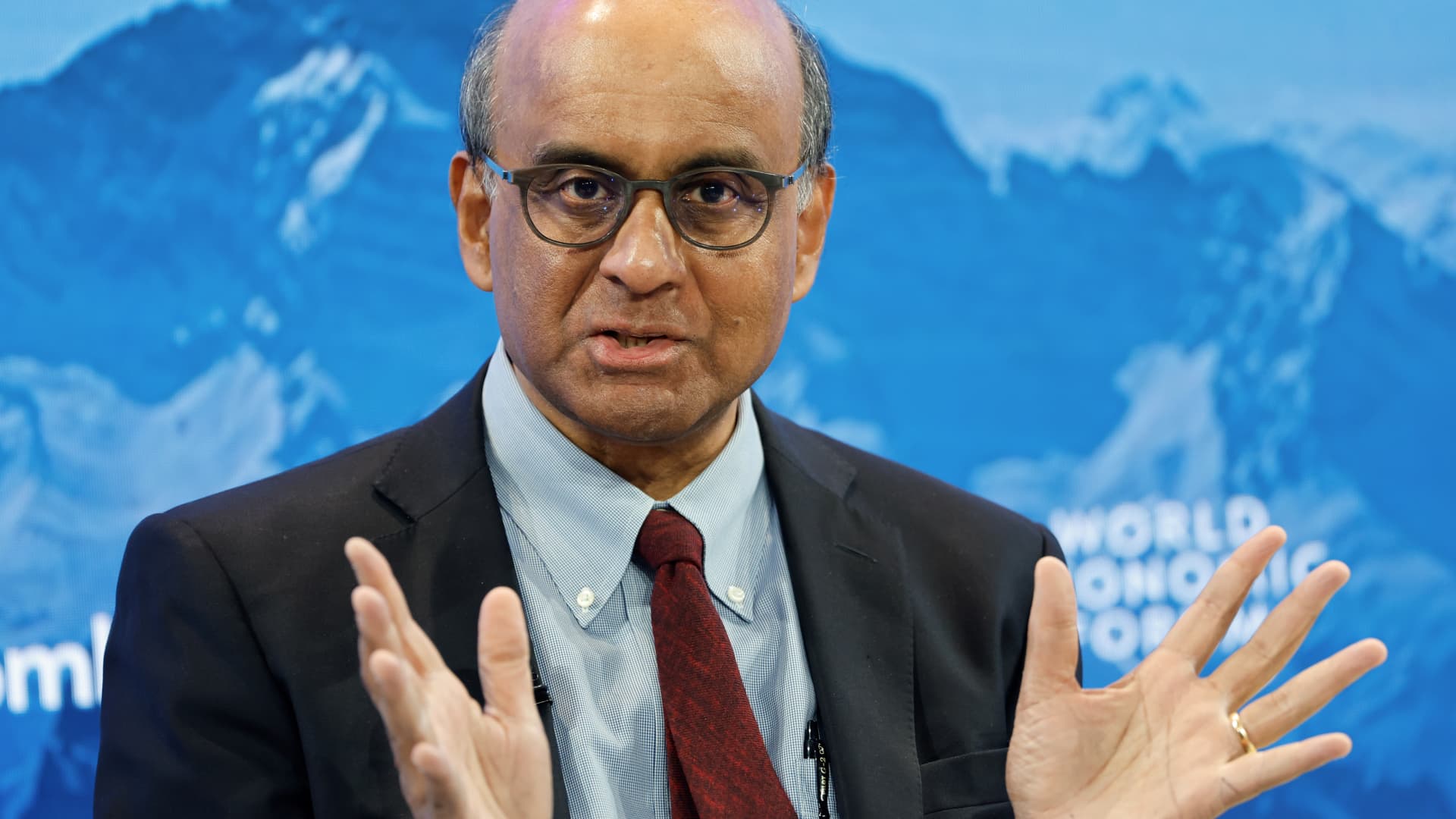Singapore economic czar Tharman Shanmugaratnam to run for president

Singapore’s veteran economic policymaker Tharman Shanmugaratnam has signaled his intention to contest upcoming presidential elections in Singapore that must be held by September this year.
Bloomberg | Bloomberg | Getty Images
Singapore’s veteran economic policymaker Tharman Shanmugaratnam is planning to run in the upcoming presidential elections in Singapore that must be held by mid-September.
Shanmugaratnam, once thought of as a potential candidate for International Monetary Fund chief, will resign from the ruling People’s Action Party to stand for election, he said in a letter to Singapore Prime Minister Lee Hsien Loong Thursday.
That means stepping down from his current roles as senior minister and coordinating minister for social policies on July 7.
The Singapore presidency is largely a symbolic and ceremonial head of state position with limited executive power over the Singapore government, including control of the national reserves.
The prime minister is the head of government in Singapore. Since 1993, the Singapore president has been directly elected by a popular vote.
This marks the end of Shanmugaratnam’s service in various roles in the Singapore cabinet and several global organizations after more than two decades. A professional economist, he was a career public servant before he was first elected as a Member of Parliament in November 2001.
The veteran policymaker is 66 years old this year and the current chairman of the Monetary Authority of Singapore, the country’s de facto central bank and financial regulatory authority. He is also on the board of the Group of Thirty, a global council of economic and financial leaders from the public and private sectors and academia.
Shanmugaratnam co-chairs the Global Commission on the Economics of Water and is a member of the United Nations’ High-Level Advisory Board on Effective Multilateralism.
Among his past global appointments, Shanmugaratnam was the first Asian chair of the International Monetary and Financial Committee, the IMF’s key policy forum. He was also Singapore’s deputy prime minister from 2011 to 2019, and previously served as finance minister and education minister.




